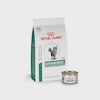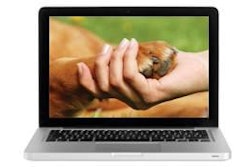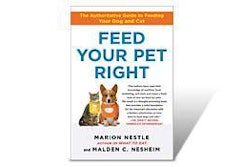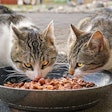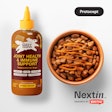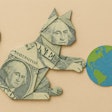Roughly 90 million pets in the US are considered obese, and part of the problem may be the sugar companies add to pet treats, say experts.
Whether it's corn syrup used as a thickener or dextrose used to evenly distribute moisture, sugar can add calories to a pet's diet that tip the scales, according to veterinarian Dr. Jennifer Larsen, an assistant professor of clinical nutrition at the University of California's School of Veterinary Medicine in Davis. "Sugar has a role in the physical and taste characteristics of many products, helping to mask bitter flavors imparted by acidifying agents or changing the texture of specific treat types," she said.
Limiting treats to 10% of a pet's caloric intake can help, as can swapping commercial pet treats for fresh human foods. "Owners forget that human foods, especially fruits and vegetables, make excellent and healthy treats, which are more cost-effective than commercial pet treats," said Larsen. Apples, berries and carrots, for example, are good for dogs, while salmon or tuna flakes make good healthy cat treats.

